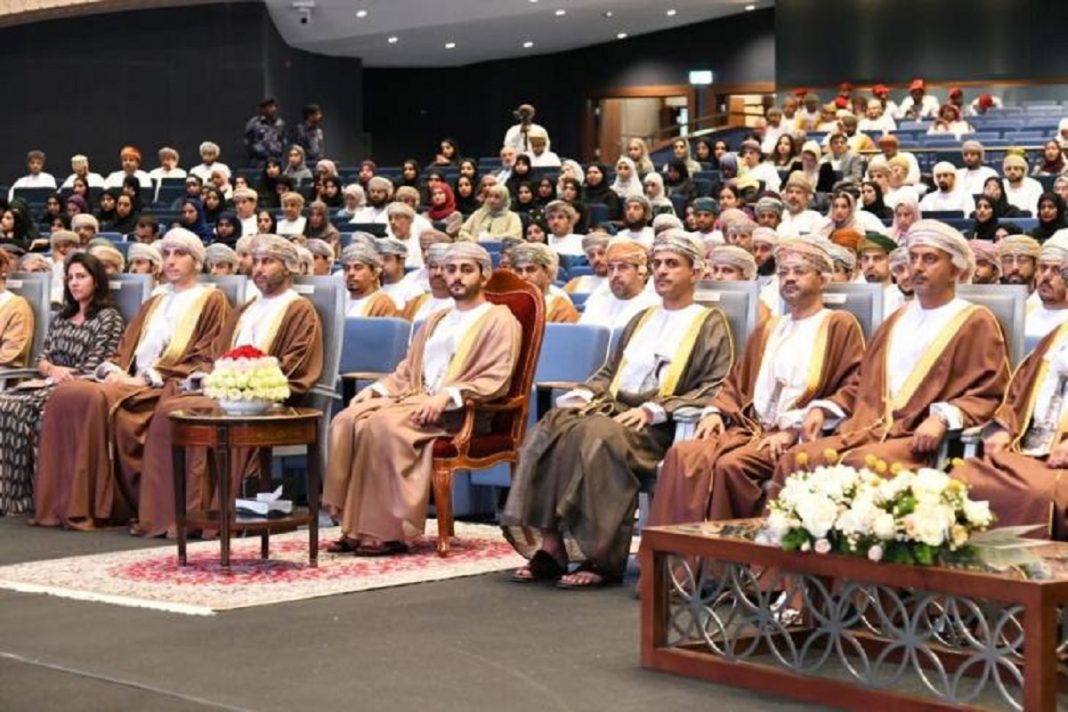Gabriel G. Tabarani
The Middle East has rarely been short on grand strategies or diplomatic road maps, but few moments in recent memory have felt so directionless. On one side, Israel appears flush with military successes yet stuck in a cycle of perpetual war and regional alienation. On the other, Palestinian politics has withered to the point of paralysis, leaving its people unrepresented and its institutions hollow. The result is not merely stalemate—it is a strategic cul-de-sac from which neither side seems to know how to exit.
Israel’s leaders are divided between two approaches. One camp—the triumphalist right—believes raw military dominance can substitute for diplomacy. Flush from its ability to strike adversaries in Gaza, Lebanon, Syria, and even Iran, this school sees Israel as the region’s new hegemon, capable of redrawing the map through sheer force. This “Pax Israelitica,” however, promises little actual peace. It ties Israel’s security to an endless sequence of unilateral operations, justified as “buffer zones” or “preemptive strikes,” but in reality edging ever deeper into open-ended war. It is an approach that alienates regional partners, fuels Israel’s growing isolation, and risks turning the country into what Gulf leaders now openly call a “rogue state.”
The alternative, advanced by critics in Israel’s center and security establishment, is no less flawed. It looks backward—nostalgically invoking Oslo and the Arab Peace Initiative—without grappling with the harsh realities of today. These voices talk of regional security partnerships and separation from Palestinians, but without any concrete path toward Palestinian statehood. At best, they offer Palestinians a diminished autonomy package, far less than what was promised in the 1990s. Unsurprisingly, this vision commands little credibility among Palestinians, who view it as both insincere and insulting.
In short, Israeli strategy oscillates between hubris and nostalgia, but neither offers a realistic foundation for long-term peace. The triumphalists ignore the political limits of force; the nostalgists ignore how much ground realities have shifted since Oslo collapsed. Both sidestep the need to engage Palestinians as a national community with legitimate rights.
Meanwhile, Palestinian politics has been left in ruins. The once-promising reform movement of the early 2000s is now little more than a memory. The Palestinian Authority is ossified, led by a handful of aging figures who mistake clinging to power for national strategy. The institutions meant to represent Palestinians—parliament, judiciary, even the Palestine Liberation Organization—have atrophied. For younger generations, the language of “reform” has become a cruel joke, synonymous with empty promises, donor reports, and foreign lectures about textbooks rather than meaningful self-determination.
The Gaza war has deepened this decay. With neighborhoods reduced to rubble, social life shattered, and leadership absent, Palestinians increasingly feel like a people without a polity. In the West Bank, economic collapse, settler violence, and Israeli reoccupation of key cities add to the sense of despair. Across conversations with Palestinians, cynicism dominates: they feel abandoned by their leaders, ignored by the world, and hemmed in by an occupation that has outlasted generations.
Yet even amid this bleak landscape, seeds of revival are being sown. New initiatives—from the Saudi-French “New York Declaration” to grassroots Palestinian conferences—seek not just reform but a wholesale revival of Palestinian politics. Unlike the hollow technocracy of Salam Fayyad’s era, these efforts emphasize accountability, pluralism, and reconnecting leaders with their people. They recognize that elections, civil society, diaspora engagement, and youth participation are essential—not optional—to restoring Palestinian political life.
Of course, none of this will be easy. Revival faces fierce resistance from within: Palestinian leaders who fear losing power, and international actors wary of any outcome that might bring Hamas back into play. It also faces external sabotage: Israeli leaders who openly equate the Palestinian Authority with Hamas, delegitimize Palestinian institutions, and view any hint of Palestinian unity as a threat. And yet, without political revival, Palestinians will remain atomized, and the prospect of peace will remain a mirage.
What, then, can break the deadlock? First, international actors must stop indulging the fantasy that Israeli unilateralism is sustainable or that Palestinian technocratic reform is sufficient. Both illusions have been tested and found wanting. Second, new coalitions—regional and global—must take initiative, not simply react to crises. The Egyptian-Israeli peace breakthrough of the 1970s came not from Washington lectures but from bold regional moves. Similar creativity is needed now. Third, support for Palestinian politics must go beyond the stale language of “two states someday” and instead empower genuine representation, accountability, and sovereignty.
For the United States, the question is stark: how much longer can it subsidize a status quo that is untenable for both Israelis and Palestinians? George W. Ball posed that very question nearly half a century ago, and it is more urgent today than ever. Washington’s reflexive protection of Israel, even as it veers toward permanent occupation and regional adventurism, has not safeguarded Israel’s future—if anything, it has encouraged self-defeating behavior. A more multilateral approach, with Europeans, Arabs, and perhaps even new global actors at the table, may be the only way to shift incentives.
Ultimately, Israelis and Palestinians alike are trapped in the politics of dead ends: one side oscillating between triumphalism and nostalgia, the other mired in stagnation and despair. But history shows that new political realities can emerge quickly and unexpectedly—Sadat’s trip to Jerusalem, the first intifada, even the Abraham Accords were surprises in their time. The challenge now is whether regional and international actors have the imagination and courage to create the conditions for revival rather than decay.
Peace will not come from military dominance dressed up as strategy, nor from empty invocations of Oslo or reform. It will come, if at all, from a revival of politics on both sides: a willingness to face today’s realities, rebuild credible institutions, and recognize that coexistence is not a dream but a necessity. That path is narrow, difficult, and fraught with obstacles. But it is the only one that offers Israelis and Palestinians a way out of the cul-de-sac they now inhabit.
This article was originally published in Arabic on the Asswak Al-Arab website


